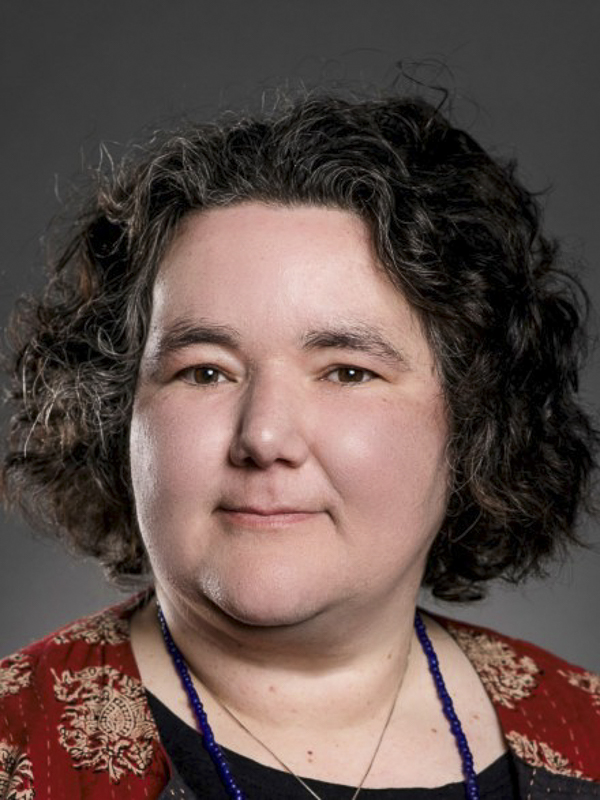 Associate Professor Carmel Pollino
Associate Professor Carmel Pollino
Principal research scientist, CSIRO Land and Water
See Associate Professor Pollino’s full research profile here.
Research outputs linked to policy change and decision-making
- Murray–Darling basin. Associate Professor Pollino led the development of the method for environmental equivalence for adjusting the sustainable diversion limit of the Murray–Darling basin plan. The method used best-available knowledge to characterise environmental responses to flow across space and time. In 2018, the Murray–Darling basin plan was amended, based directly on the method. In implementation, this has led to investments of hundreds of millions of dollars in on-ground floodplain and rivers infrastructure throughout the Murray–Darling basin. These works will deliver environmental water efficiently and ensure aquatic habitats are supported through managed water deliveries, particularly in dry periods. Associate Professor Pollino is the project director and the co-project leader on the Commonwealth Environmental Water Office (CEWO) basin-scale evaluation and research project. This project is made up of a consortium of researchers, engaging universities, state agencies and private contractors. The project evaluates outcomes of environmental watering across the Murray–Darling basin annually, with an aligned research portfolio that is designed to enhance evaluation methods. The project also contributes to prioritisation of subsequent environmental watering decisions. Through this project, the environmental benefits of environmental water are demonstrated, and the long-term decline of the extent and health of flow-dependent ecosystems throughout the Murray–Darling basin is halted. She also led a project to develop new analysis tools to evaluate how changes in water policy, water flows and climate drivers impact communities in the Murray–Darling basin. Indicators were designed, and data from the Bureau of Meteorology, Murray–Darling Basin Authority and Australian Bureau of Statistics census, health and business areas were used for causal analyses. Outcomes include mapping of adaptive capacity of communities over time. Machine-learning methods were also applied to derive new community types for the Murray–Darling basin. The analysis tools are now used by the Murray–Darling Basin Authority, supported by CSIRO. The adaptive capacity index mapping method developed in the water and society project has subsequently been adopted by the Department of Health in 2020. Analysis has been scaled nationally for national vulnerability mapping of communities. This has enabled policy interventions in health programs to be targeted to communities with high vulnerability to economic and health impacts of COVID-19, in combination with other factors, particularly bushfires and drought.
- Northern Australia. The environmental flow methods developed in the Murray–Darling basin have been adapted and applied to water-resource developments in the Northern Australia Water Resource Assessment and the subsequent Roper Water Resource Assessment. Early adoption is demonstrated through uptake of methods into draft water resource plans for the Fitzroy River (WA).
Associate Professor Pollino is representing a CSIRO research group with expertise in water security.
Current academic employment and positions
- 2014–present: principal research scientist, CSIRO Land and Water
- 2019–present: assistant science director, CSIRO Land and Water
- 2019–present: adjunct associate professor, Fenner School of Environment and Society, The Australian National University.
Roles on government or regional organisation committees
- 2020: review of draft independent assessment of social and economic conditions in the Murray–Darling basin report
- 2019–2020: expert review and input to native fish recovery strategy
- 2019: input and review to the Vertessy-led expert panel fish kill inquiry report
- 2019: input to CEWO and Murray–Darling Basin Authority seasonal environmental flow releases and follow-up monitoring in the southern connected system.
Links with non-government groups or networks
- member of international working groups: Freshwater Biodiversity Observation Network (FW-BON) and the Water Future working group – freshwater biodiversity.
My Projects
 Current project
Current project Completed project
Completed project
NESP RLH, 2021-2027NESP, 2015-2021NERP, 2012-2015TRaCK, 2005-present
 Associate Professor Carmel Pollino
Associate Professor Carmel Pollino